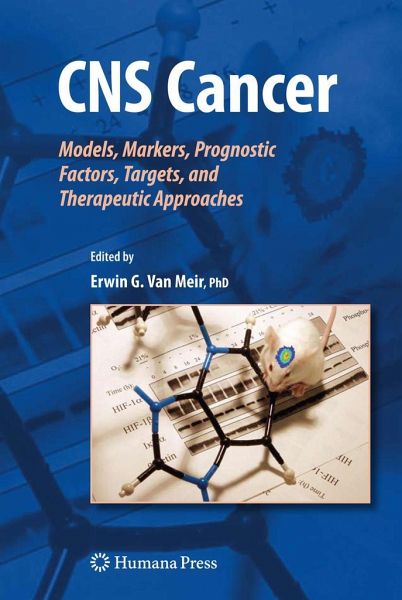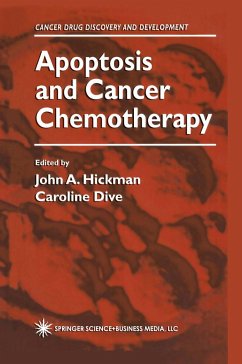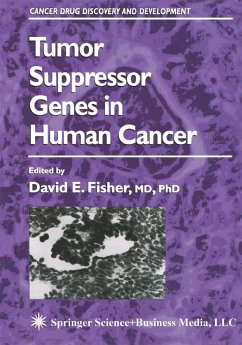Erwin G Van Meir is Professor of Neurosurgery and Hematology & Medical Oncology in the School of Medicine at Emory University. A native of Belgium, he obtained Bachelor's degrees in Biology and Education at the University of Fribourg, Switzerland. He pursued graduate studies in Molecular Virology at the University of Lausanne, Switzerland where he obtained his PhD in 1989. He then became interested in cancer and pursued postdoctoral work at the University Hospital in Lausanne and at the Ludwig Institute for Cancer Research in San Diego. In 1994 he became a Junior Faculty and Director of the Laboratory of Brain Tumor Biology and Genetics in the Neurosurgery Department at the University of Lausanne. In 1998 he joined Emory University in Atlanta, where he now serves as the Leader of the Winship Cancer Institute Molecular Pathways and Biomarkers scientific program and as the co-Director of the brain tumor working group. For the past 20 years Dr. Van Meir's research has focused on defining the biological significance of specific genetic alterations for brain tumor development, with particular emphasis on extracellular signaling regulating heterotypic cell communication as in tumor angiogenesis, and translating this knowledge into new therapeutic approaches. His research is described in more than 140 peer-reviewed research papers and review articles in internationally recognized journals that have cumulated over 5,000 citations and received several awards. These contributions were presented in over 100 invited seminars worldwide and have furthered the understanding of cytokine expression for glioma biology, Turcot syndrome, the role of transcription factors p53 and HIF and of pro- and anti-angiogenesis factors IL-8, thrombospondin-1 and brain angiogenesis inhibitor-1 in brain tumor angiogenesis, hypoxia, and pseudopalisade formation. He also discovered novel biomarkers in the cerebrospinal fluid of brain tumor patients and developednovel therapeutic agents including oncolytic hypoxia-activated adenoviruses, pro-apoptotic galectin-3, anti-angiogenic vasculostatins and small molecule HIF/Hsp90/plectin1 inhibitors that are covered by several US and foreign patents. Perhaps most importantly, over his still young 20 year independent career Dr Van Meir has already mentored and trained over 60 postdoctoral fellows, students and visiting scientists, many of which now hold independent leading positions in Academia or Industry. Dr Van Meir is an active member of the International Neuro-Oncology community and served on the Board of Directors of the Society for Neuro-Oncology from 2004-2008. He organized several international conferences on brain tumors, has served on the Scientific Committee of the European Association for Neuro-Oncology, the Scientific Advisory Board of the Southeastern Brain Tumor Foundation and is a current or former member of several other international cancer societies including the American Association for Cancer Research, the European Association for Cancer Research, and the American Society for Investigative Pathology. Dr. Van Meir currently serves on the Editorial Board of Neuro-Oncology, Frontiers in Bioscience, and International Journal of Oncology and is a former Associate Editor of the International Journal of Cancer. He has served as a reviewer for over 30 international scientific journals and for grant proposals from public and private agencies including the US National Institutes of Health, the US Department of Defense, the Swiss National Science Foundation, the Swiss Cancer Society, the Wellcome Trust of the UK, Cancer Research UK, the Research Grants Council of Hong Kong, the Israel Science Foundation, The Belgian Fournier-Majoie and Baudouin Foundations and the Italian Association for Cancer Research. He acknowledges present and past support by multiple funding agencies for his scientific work, including the US National Institutes of Health, the Swiss National Science Foundation, the Goldhirsh Foundation, the Charlotte Geyer Foundation, the Southeastern and National Brain Tumor Foundations, The Brain Tumor Society, the Pediatric Brain Tumor Foundation of the US, the American Brain Tumor Association, the Brain Tumor Foundation for Children, the Al Musella, Wayne O Rollins and Frances Wood Wilson Foundations, the Brain Tumor Trust, the Emory University Research Council and EmTechBio, the Swiss Cancer League and Anti-Cancer Foundations, the San Salvatore, Tossizza, Ott and Chuard-Smith Foundations, and the European Institute of Oncology.















